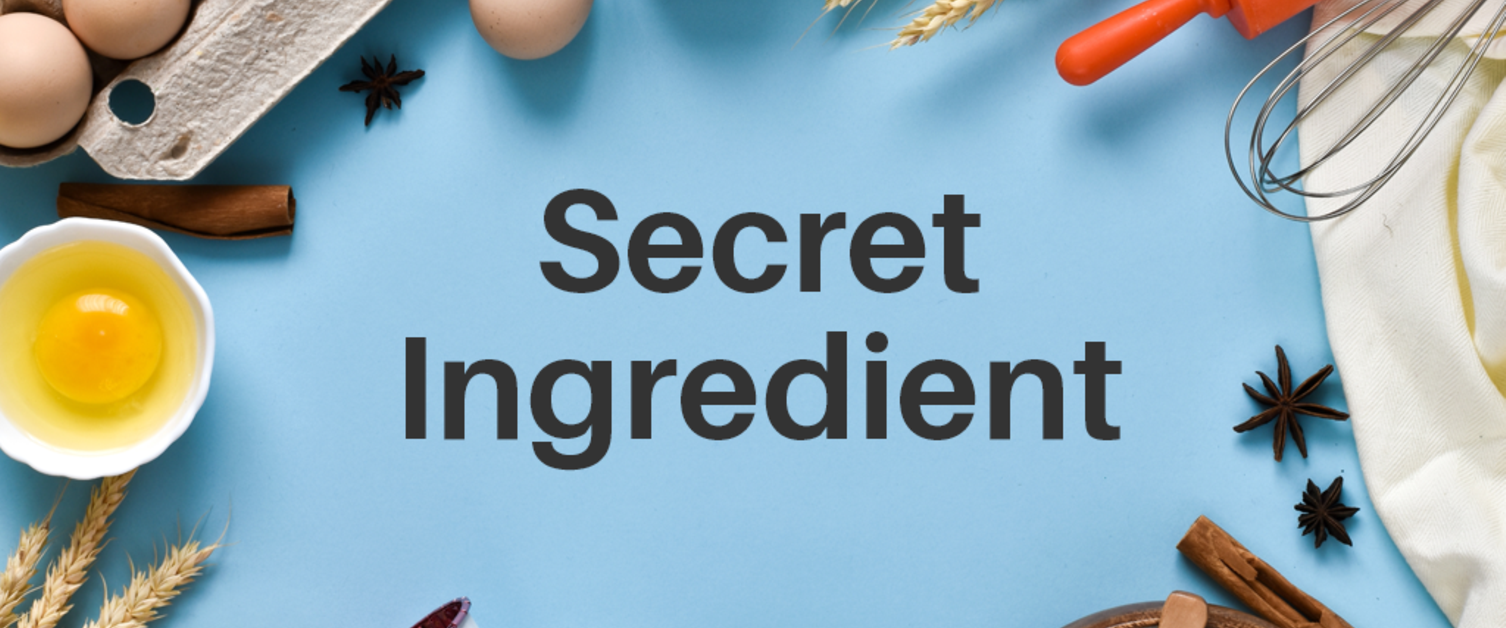The Secret Ingredient for Healthy Relationships
- foster care rights, my rights
- Resources for Teens and Young Adults
Honesty, love, open communication, trust, and setting boundaries are all essential components for maintaining healthy relationships. However, through my experiences, I have come to realize that there is another crucial element that often gets overlooked: self-love. In the past, I struggled to maintain healthy connections with good people because I was too focused on being a good friend. I was always reliable and willing to compromise, often going above and beyond for others, but this wasn't enough to keep strong friendships. It wasn't until I learned to love myself that my relationships with others flourished. As I began to prioritize self-care and recognize my own worth and value, I noticed a significant improvement in all my relationships.
Discover Your Likes and Dislikes
As I became aware of my preferences, I was able to confidently say yes to things that truly aligned with my wants and remove the resentment of mindlessly obliging. You are allowed to say “no.”
Embrace Your Self-worth
As I recognized my own worth, I stopped feeling like I owed it to others to be their friend and instead felt like I belonged and was valued as part of the group. You have value.
Prioritize Self-care
Being able to treat myself with kindness and grace allowed me to also show up for others with the same level of compassion and understanding. Take care of yourself first to be a better friend.
Establish Healthy Boundaries
Knowing my limits and the activities or ideas that are acceptable and unacceptable helped me maintain healthy relationships and protect my well-being. Boundaries can be helpful.
Speak Positively About Yourself
By exuding confidence and self-love, I attracted positive energy from others, allowing them to see the best in themselves and those around them. Be confident in your worth.
While honesty, love, communication, trust, and boundaries are vital, the often-overlooked secret ingredient for healthy relationships is self-love. There’s only one YOU and YOU ARE LOVEABLE!
About the Author
Desiree Moore is a passionate former foster care alumni who is dedicated to writing about topics that are relevant to young people in foster care. She is currently studying psychology to help those who have experienced childhood trauma to heal and develop healthy relationships with themselves and others.
